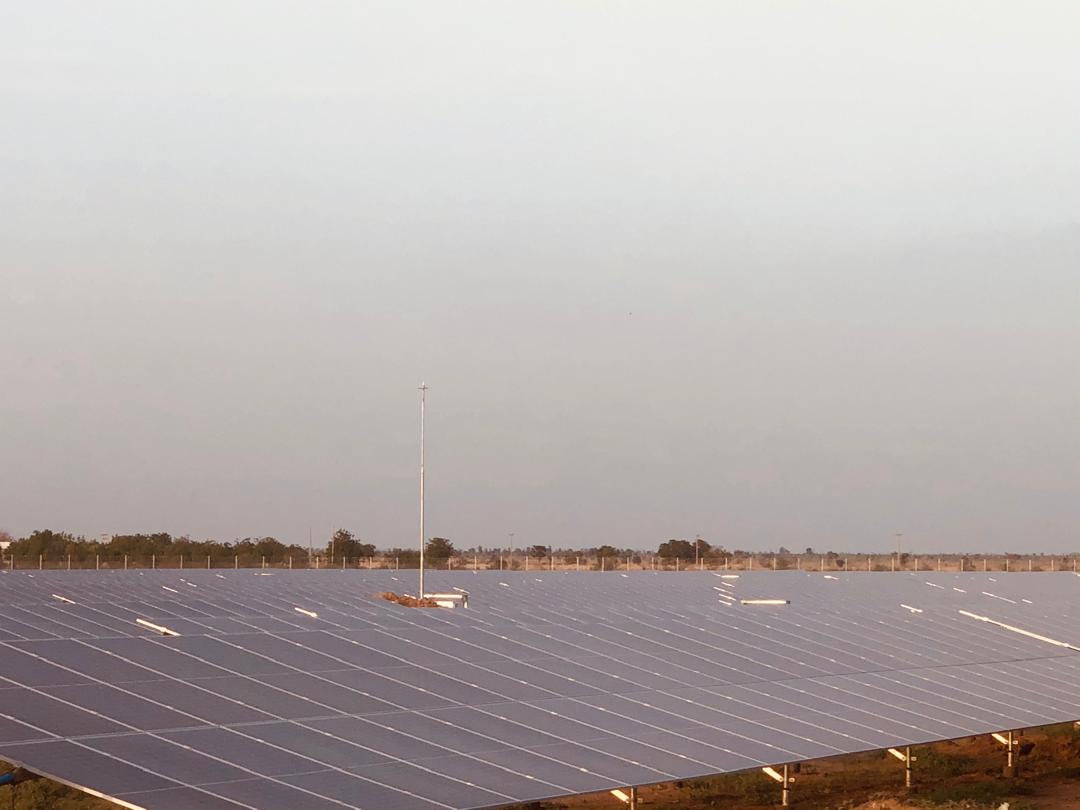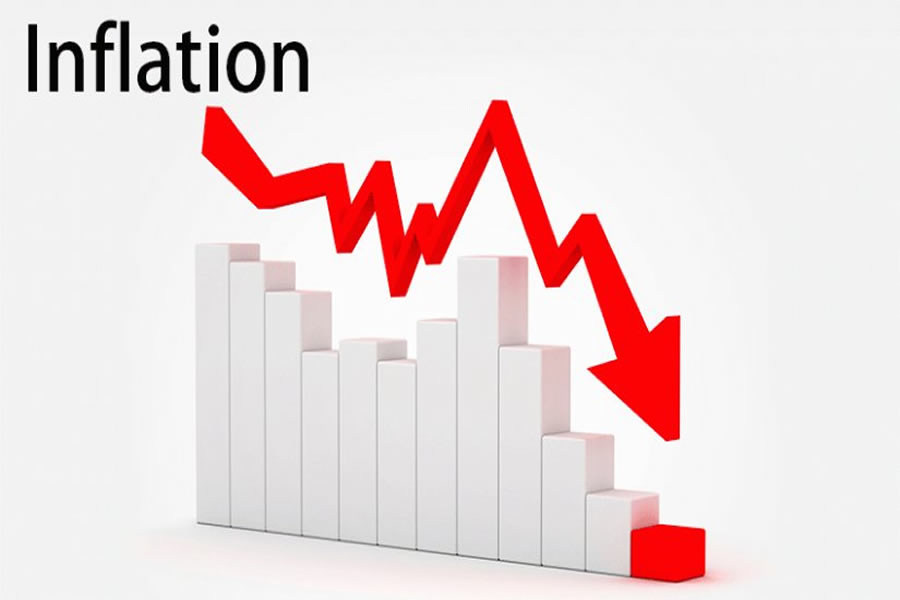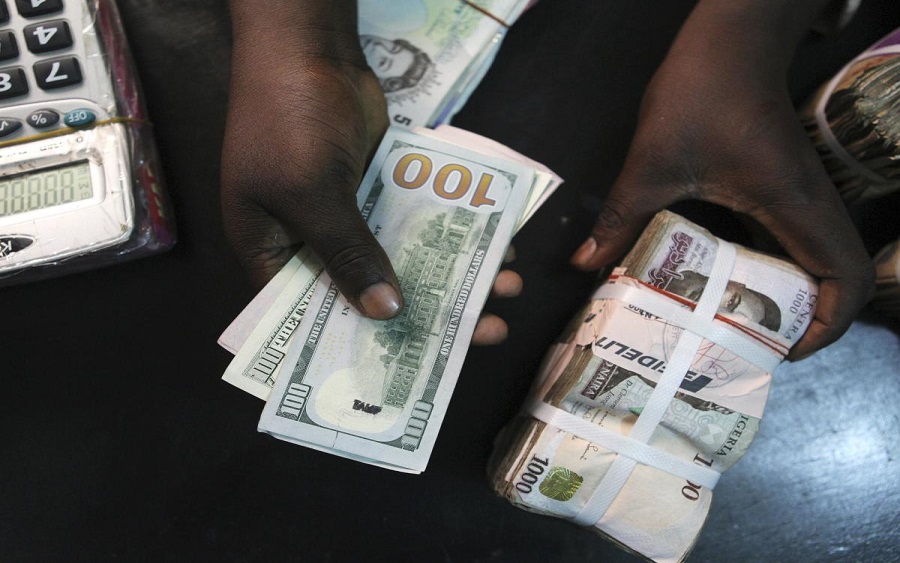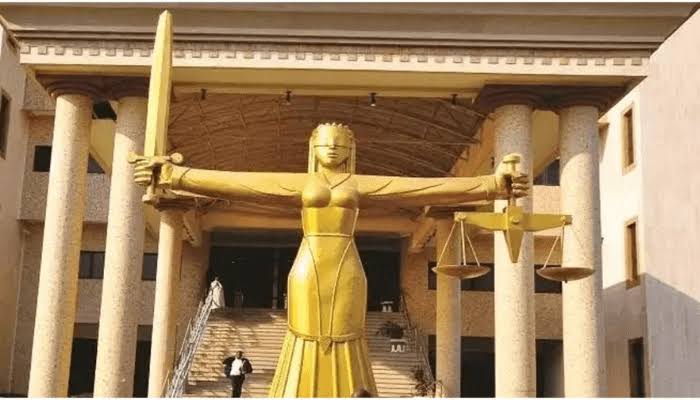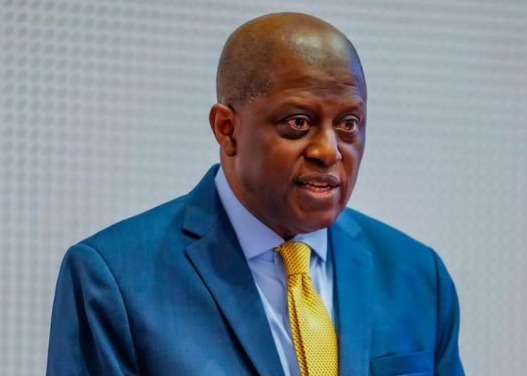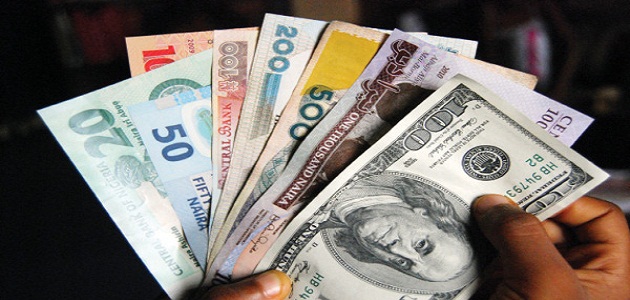The Federal University Lokoja (FUL) says it is investing ₦3 billion in the construction of a 1.72-megawatt solar power plant to enhance energy supply and promote academic excellence.
Gatekeepers News reports that Vice-Chancellor, Prof. Olayemi Akinwumi, disclosed this at a news conference in Lokoja ahead of the university’s ninth convocation ceremony scheduled for October 18.
He said the project, supported by the African Development Bank (AfDB) and the World Bank under the Energising Education Programme, marks a significant step toward achieving sustainable energy in the institution.
“We strongly believe the 1.72-megawatt solar power system will enable the university to generate surplus electricity and achieve energy self-sufficiency, benefitting students and staff for generations to come,” Akinwumi said.
The vice-chancellor noted that the project forms part of the university’s broader commitment to innovation, sustainability, and environmental responsibility.
“This initiative is expected to serve as a model for sustainable energy solutions in educational institutions and demonstrates FUL’s commitment to environmental responsibility,” he added.
Akinwumi said the project would reduce the university’s reliance on public power supply and provide a clean, renewable source of energy for its operations.
He further announced that 5,051 graduates from the 2024/2025 academic session would be awarded various degrees and diplomas during the convocation. The graduating class includes 3,466 undergraduates, 747 diploma holders, and 838 postgraduates.
The vice-chancellor highlighted that, despite funding challenges, FUL has continued to experience infrastructural growth, with 34 major projects completed or ongoing.
He expressed appreciation to the governing council, management, staff, students, and development partners for their support in advancing the university’s vision.

